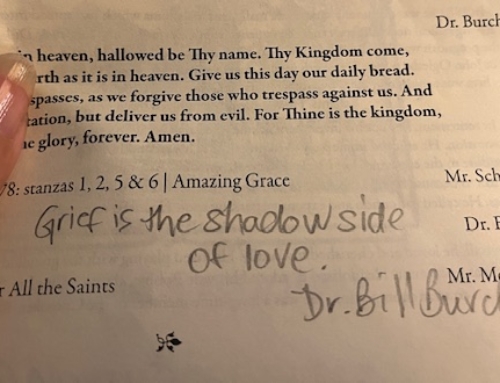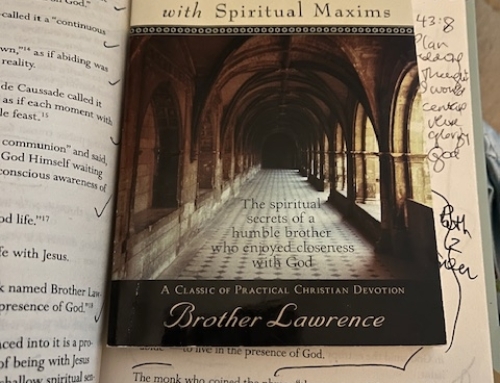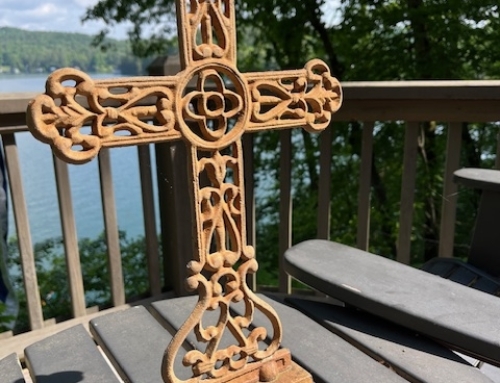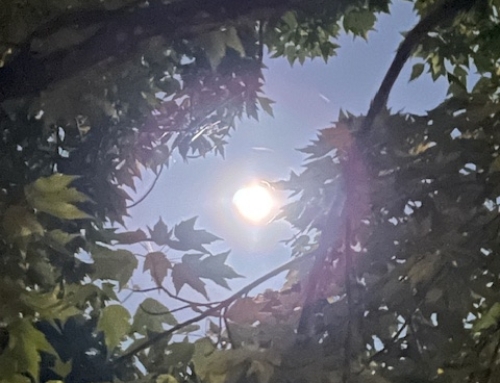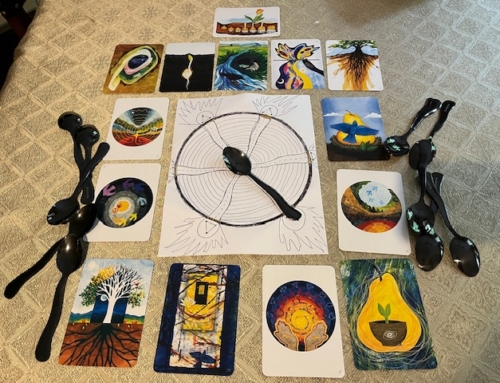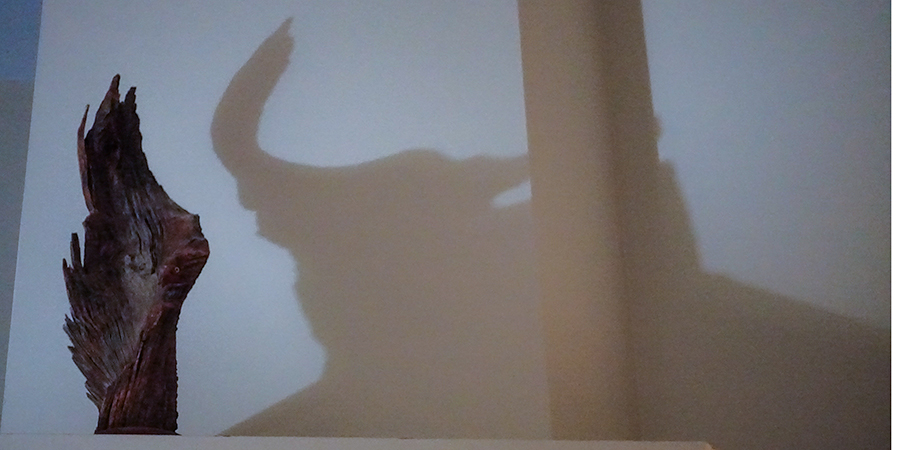
Good morning…
I enjoy the mornings when God lets me sleep past 5:00 am. That is the time Henri Nouwen Society sends out their Daily Meditation. Sometimes I open the post and wallow in the wisdom. Sometimes I do not. Today I did and here is what I read.
******
Loneliness by Henri Nouwen, February 6, 2019
It is the most basic human loneliness that threatens us and is so hard to face. Too often we will do everything possible to avoid the confrontation with the experience of being alone, and sometimes we are able to create the most ingenious devices to prevent ourselves from being reminded of this condition. Our culture has become most sophisticated in the avoidance of pain, not only our physical pain but our emotional and mental pain as well. We not only bury our dead as if they were still alive, but we also bury our pains as if they were not really there. We have become so used to this state of anesthesia that we panic when there is nothing or nobody left to distract us. When we have no project to finish, no friend to visit, no book to read, no television to watch, or no record to play, and when we are left all alone by ourselves, we are brought so close to the revelation of our basic human aloneness and are so afraid of experiencing an all-pervasive sense of loneliness that we will do anything to get busy again and continue the game that makes us believe that everything is fine after all.
******
Three things meander into my mind.
- After God created the entire universe and placed the first human being in the growing garden, The Lord God said, “It is not good for the man to be alone. I will make a helper suitable for him” (Genesis 2:18, NIV). The Amplified Bible expands God’s thought this way: “Now the Lord God said, “It is not good (beneficial) for the man to be alone; I will make him a helper [one who balances him—a counterpart who is] suitable and complementary for him.” God created at our core a deep need for intimacy, a drive to thrive with a helpmate who balances us out, a complementary counterpart, a suitable soulmate.
- I returned to a quote we had read aloud from our book. “…Brother Anthony leaned forward in his chair. ‘Contemplative waiting is consenting to be where we really are,’ he explained. ‘People recoil from it because they don’t want to be present to themselves. Such waiting causes a deep existential loneliness to surface, a feeling of being disconnected from oneself and God. At the depths there is fear, fear of the dark chaos within ourselves.’ He had hit the heart of addiction. We set up our obsessive patterns, pursuing the quick and easy, hurrying as fast as we can into the next moment, so we don’t have to dwell in this one. Brother Anthony was exactly right. Ultimately we’re fleeing our own dark chaos. We’re fleeing ourselves.” (Sue Monk Kidd’s When The Heart Waits, 32)
- One of the women in our Monday class said that she read a fascinating article this week, an article revealing that Americans make up 8% of the world population, but we consume 200% more pain relievers than humans across the globe.
This is fascinating to me. We are made by God to thrive in intimacy, yet when we sit still, contemplatively waiting for our soul to grow up inside, a deep existential loneliness surfaces and we must face the fearful feeling of being disconnected from our self, our soulmate, and our God.
Remember in the Old Testament our hero King David hits the wall of this emotion? My God, my God, why have you forsaken me? Why are you so far from saving me, so far from my cries of anguish? (Psalm 22:1, NIV). Even Jesus, fully God and fully human, faces this fragile feeling as he hangs helplessly on his personal cross. From noon until three in the afternoon darkness came over all the land. About three in the afternoon Jesus cried out in a loud voice, “Eli, Eli, lema sabachthani?” (which means “My God, my God, why have you forsaken me?”) (Matthew 27:45-46, NIV). If Jesus felt this existential loneliness as “darkness came over all the land,” might we also feel forsaken by God somewhere along life’s way?
I understand why we crave a quick, easy fix for our “growing pains” in the dark, but what helps us in the short run, hurts us over time. We become addicted to a plethora of “pain relievers,” pills and alcohol, busyness and buying more, comfort food and constant company.
“Somehow we’re going to have to relearn that the deep things of God don’t come suddenly,” says Sue Monk Kidd on page 26. When facing the inevitable dark nights of our soul, “Patience is everything,” Rainer Maria Rilke chimes in.
…Sue…

